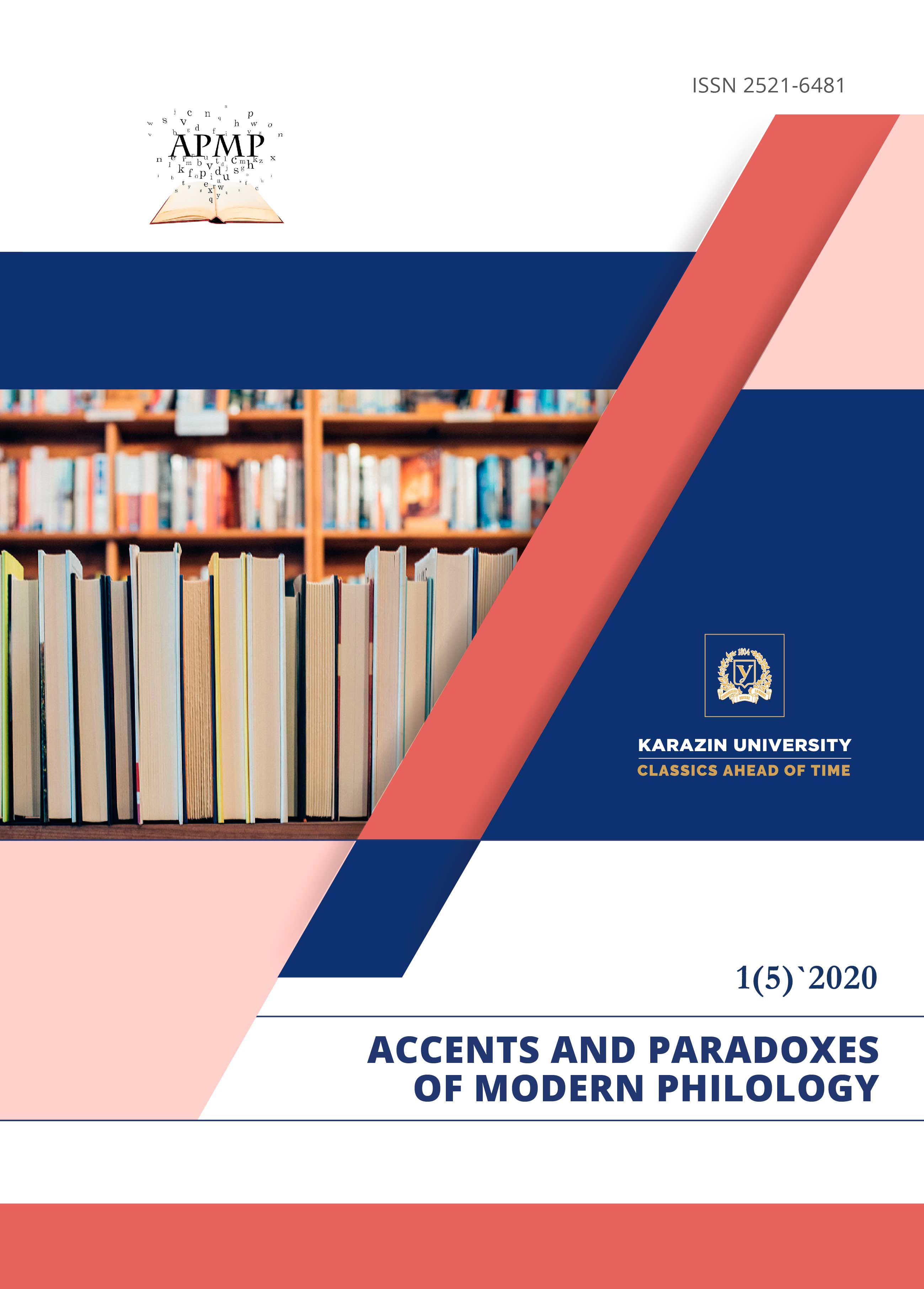THE MEMORY, IS IT STILL POSSIBLE?
Abstract
Thanks to the tourists, the museums and commemorations are pretty popular all over the world. However, Philippe Muray asks himself whether the contemporary man is able to understand the past which he celebrates so easily. Indeed, there is a huge gap between the world which “always” existed and our new world. What is that gap? How does it manifest itself? The whole work of Philippe Muray is a picture of this new world and of the man who lives in. According to Muray, the past whose memory has taken such an importance, is not the real past but a rebuilt one, without the “negativity” which modern man wouldn’t accept. The basis of his thinking is the work of Kojève, Introduction to the reading of Hegel, in which the philosopher builds the notion of “after the history” : since the man has been free from all the links and bounds and needs of the old time, he lives in an endless Sunday, in permanent holidays. Then he has forgotten the original Fall and looks for paradise now. When this new man celebrates the past, how could he see the past as it was? More than that, the celebration of the past would be a consumption for times of want, a celebration for itself, not far from the pagan cyclical time in a quasi religious perspective. Philippe Muray describes a new world where the pathos prevails, far from the rationality and the distance which allow man to laugh. On the opposite, the work of Muray may be read like a comical theater of a highly serious time.
Downloads
References
Baudelaire, Ch. (1857). Les fleurs du mal.
Debord, G. (1967). La société du spectacle. Ed. Buchet-Chastel.
Grass, G. (1963). Les années de chien.
Kafka, F. (1927). L’Amérique.
Kundera, M. (2008). L’art du roman. Ed. Folio.
Maillé, Br. (2019). Les maîtres de l’imagination exacte, coll. Arcades. Ed. Gallimard.
Maupassant, G. de (1886). La petite Roque.
Muray, Ph. (1984). Le XIXe siècle à travers les âges, éd. Denoël.
Muray, Ph. (2001). Céline, Ed. Gallimard.
Muray, Ph. (2008) (1ère édition Fayard, 2005). Festivus Festivus, conversations avec Élisabeth Lévy, éd. Flammarion.
Muray, Ph. (2010). Essais, Les Belles Lettres.
Muray, Ph. (2011) (1ère édition, 1997), On ferme, Les Belles Lettres.
Nietzsche, F. (1883-1885). Ainsi parlait Zarathoustra.




